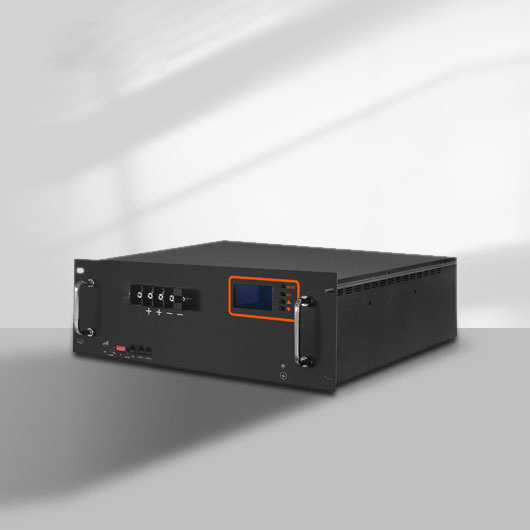Understanding Backup Power Supplies: Essential Knowledge for Uninterrupted Energy
Release time:
2025-11-11
In an increasingly digital and interconnected world, maintaining a continuous supply of electricity is more important than ever. A backup power supply plays a critical role in ensuring that homes and businesses remain operational during power outages or disruptions. This system provides an alternative energy source, allowing essential devices and services to function uninterrupted. A backup power
In an increasingly digital and interconnected world, maintaining a continuous supply of electricity is more important than ever. A backup power supply plays a critical role in ensuring that homes and businesses remain operational during power outages or disruptions. This system provides an alternative energy source, allowing essential devices and services to function uninterrupted.
A backup power supply can come in various forms, with the most common types being uninterruptible power supplies (UPS), generators, and battery backup systems. UPS systems are designed to provide immediate power during an outage, typically for a short duration. They are particularly useful for protecting sensitive electronic equipment, such as computers and medical devices, by offering a seamless transition to battery power. Generators, on the other hand, can supply electricity for longer periods, making them ideal for homes or businesses that require extended power support. Battery backup systems can vary in size and capacity, from small residential units to larger systems that can support an entire commercial building.
When considering a backup power supply, it is essential to evaluate your specific needs. Factors such as the duration of potential outages, the critical equipment that needs to be powered, and the available space for the backup system all play a vital role in determining the most suitable solution. For instance, if you are primarily concerned about keeping lights and refrigeration running during a short outage, a UPS may suffice. However, if you live in an area prone to extended blackouts, investing in a generator could be a more effective option.
The benefits of having a backup power supply extend beyond mere convenience. In many cases, they can help prevent financial losses resulting from downtime, protect against data loss, and ensure the safety and comfort of occupants during emergencies. For businesses, a reliable power backup can enhance productivity by minimizing disruptions, while homeowners can enjoy peace of mind knowing they have a plan in place for unexpected outages.
In conclusion, understanding the role and importance of backup power supplies is vital for anyone looking to secure their energy needs. By assessing your requirements and choosing the right system, you can ensure that you are prepared for any power interruption. Whether you opt for a UPS, generator, or battery backup, investing in a backup power supply is a proactive step towards safeguarding your electrical reliability and ensuring that your life or business continues smoothly even in the face of unexpected challenges.
Back →
A backup power supply can come in various forms, with the most common types being uninterruptible power supplies (UPS), generators, and battery backup systems. UPS systems are designed to provide immediate power during an outage, typically for a short duration. They are particularly useful for protecting sensitive electronic equipment, such as computers and medical devices, by offering a seamless transition to battery power. Generators, on the other hand, can supply electricity for longer periods, making them ideal for homes or businesses that require extended power support. Battery backup systems can vary in size and capacity, from small residential units to larger systems that can support an entire commercial building.
When considering a backup power supply, it is essential to evaluate your specific needs. Factors such as the duration of potential outages, the critical equipment that needs to be powered, and the available space for the backup system all play a vital role in determining the most suitable solution. For instance, if you are primarily concerned about keeping lights and refrigeration running during a short outage, a UPS may suffice. However, if you live in an area prone to extended blackouts, investing in a generator could be a more effective option.
The benefits of having a backup power supply extend beyond mere convenience. In many cases, they can help prevent financial losses resulting from downtime, protect against data loss, and ensure the safety and comfort of occupants during emergencies. For businesses, a reliable power backup can enhance productivity by minimizing disruptions, while homeowners can enjoy peace of mind knowing they have a plan in place for unexpected outages.
In conclusion, understanding the role and importance of backup power supplies is vital for anyone looking to secure their energy needs. By assessing your requirements and choosing the right system, you can ensure that you are prepared for any power interruption. Whether you opt for a UPS, generator, or battery backup, investing in a backup power supply is a proactive step towards safeguarding your electrical reliability and ensuring that your life or business continues smoothly even in the face of unexpected challenges.




